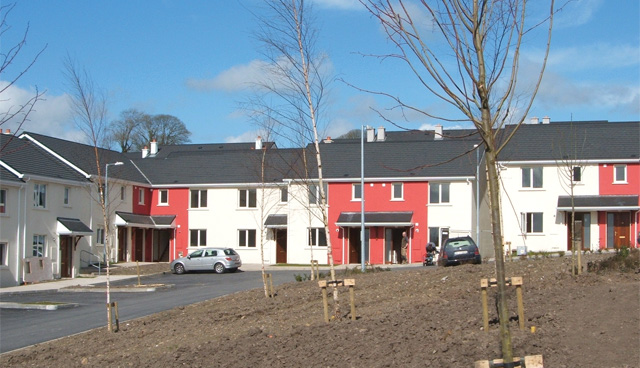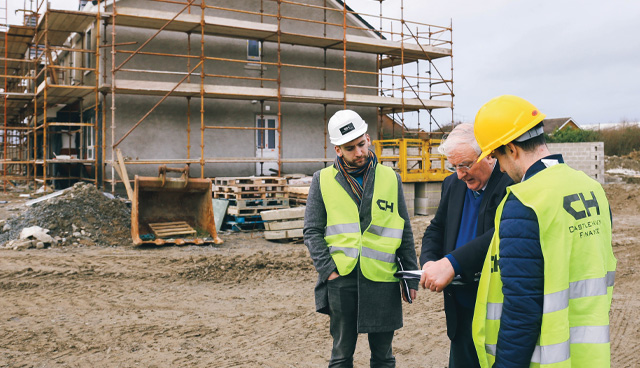
Reclassifying approved housing bodies
22nd July 2020
Castlehaven Finance: Financing development delivery
22nd July 2020Myriad of different housing solutions required to meet needs of Ireland’s demographics

There has been much focus in recent months on what the ‘new normal’ will look like for Ireland once we are through the worst of the Covid-19 pandemic. This is particularly pertinent in the housing sector of the economy, where prior to the outbreak of Covid-19, a severe supply demand imbalance in the housing market was the single biggest issue facing the Irish economy, writes Shane Cahir, Director, Residential Capital Markets, CBRE Ireland.
Housing was one of the main issues exercising the electorate in the lead up to Ireland’s General Election in February and has been one of the core issues discussed in Government formation talks since. Regardless of the sudden severe shock that the Covid-19 pandemic has thrust upon the economy, the supply demand imbalance in the housing sector remains, and housing issues will become even more acute due to the significant increase in unemployment and change in personal financial circumstances that has materialised since March.
Despite the best efforts of Government to ramp up supply over the last few years, Ireland produced approximately only 21,000 housing units in 2019 despite the Central Bank suggesting that 34,000 housing units are required annually to satisfy demand. With construction halted for more than two months in 2020 as a result of lockdown and construction capacity now significantly constrained due to social distancing measures that have been in place since sites were allowed to reopen on 18 May, we could be looking at total delivery of no more than 15,000 housing units this year – less than 45 per cent of what is actually required.
Government now need to prioritise the timely delivery of affordable housing to cater for all tenures and life stages. We need a myriad of different types and tenures of housing to cater for Ireland’s unique demographic profile including those who exclusively want to rent, those who are looking for a shared living experience and those who aspire to homeownership. It is clear that the issue of affordability is key, and in this regard, we expect to see greater focus from the new administration on the delivery of affordable housing solutions including adoption of the cost rental model. We also expect to see more incidences of long-term leasing as local authorities throughout the country attempt to reduce housing lists. However, third parties (public and private) can only acquire or lease stock that has been developed or is in the process of being delivered, so the focus has to be on ramping up delivery in the first instance. We need greater collaboration between the public and private sector to ensure timely delivery of supply of all types of housing. It is clear that the design, size and composition of housing units will have to change radically as we attempt to meet the needs of Ireland’s unique demographics.
For too long, we have been not building enough, not building in the right locations and not building the right type of housing. This now needs to change.
CBRE are Ireland’s leading property advisors with unrivalled expertise in all aspects of the residential investment market, having access to international expertise through their global network. The company’s Residential Capital Markets & Commercial Capital Markets teams operate as a fully integrated single entity within the business. This unquestionably creates the largest property investment advisory team in the country. From structuring forward funding & forward commit transactions in the multifamily space, to advising on design and management of co-living, purpose-built student accommodation and build-to-rent schemes, to the acquisition and sale of residential investments to navigating the affordable leasing model, CBRE are a one-stop-shop.
T: 01 618 5500
W: www.cbre.ie
E: shane.cahir@cbre.com






